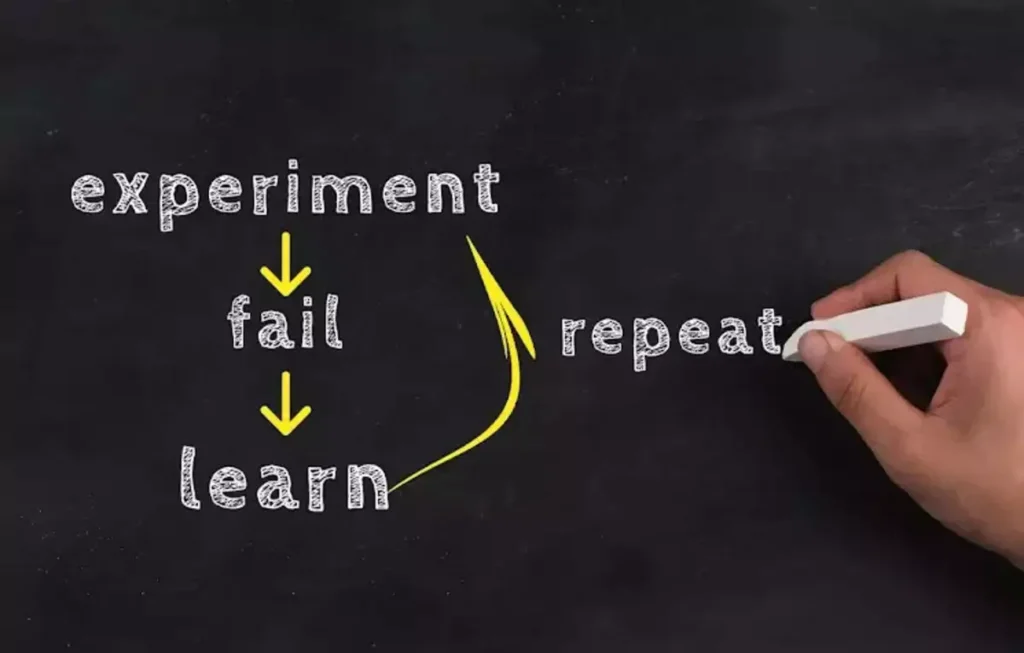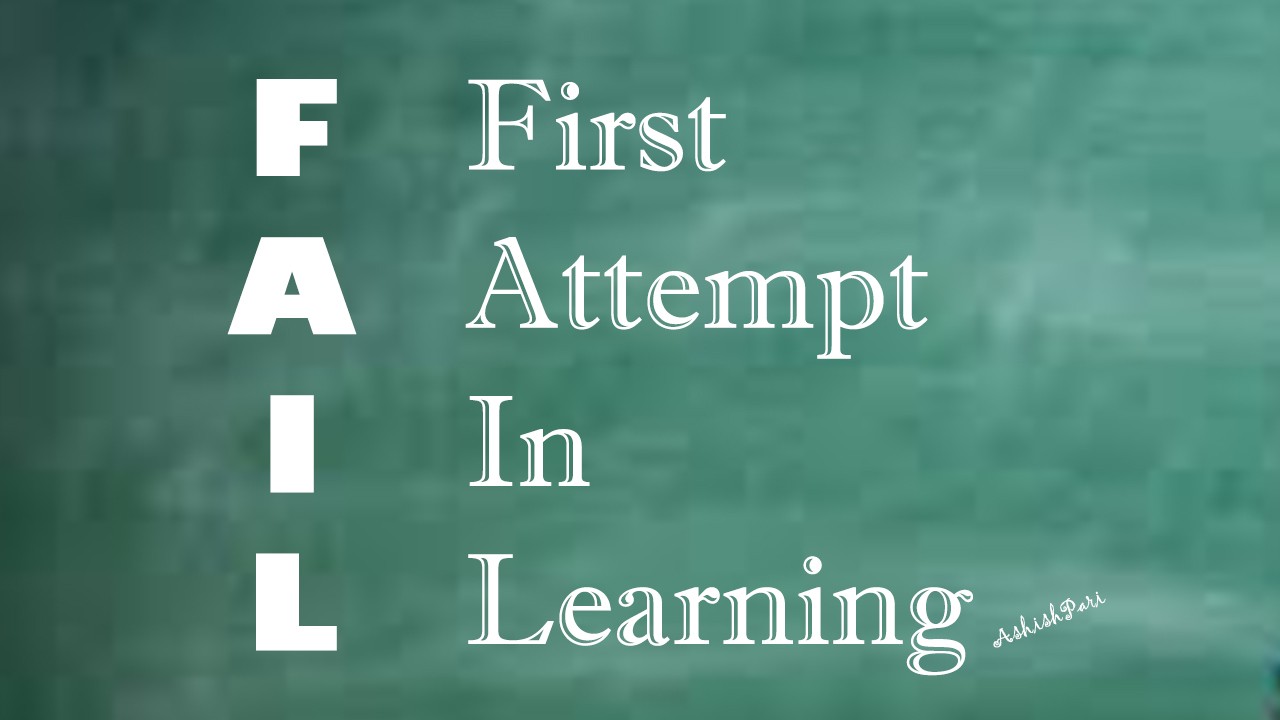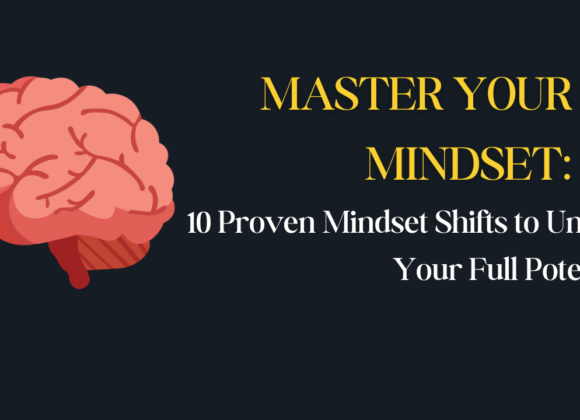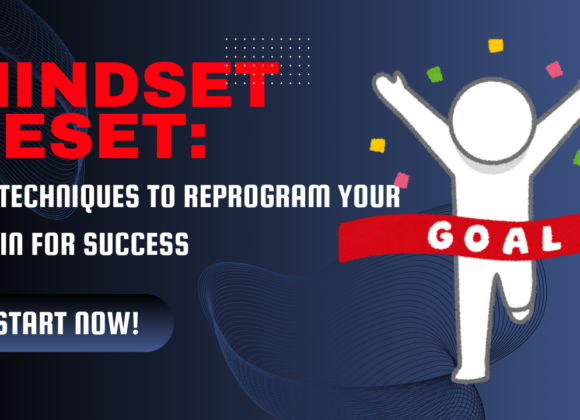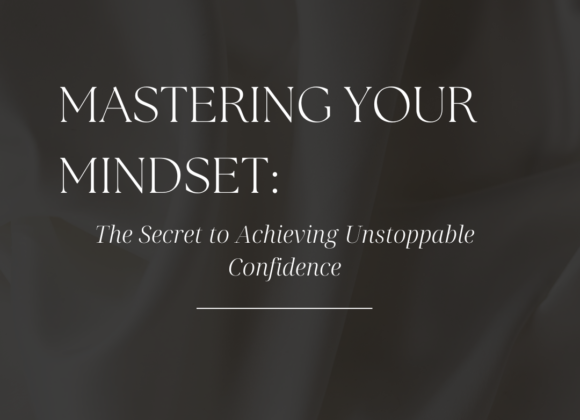Do you ever wonder why some people radiate confidence effortlessly, while others struggle with self-doubt? Confidence isn’t something you’re born with—it’s something you build over time. But here’s the good news: anyone can learn to be confident, and you don’t need to be perfect to get there. In this article, we’re diving deep into the secrets of unshakable confidence, sharing insights from experts that can change how you see yourself.
What is Confidence and Why is It Important?
Confidence is the belief in your ability to face challenges, take action, and handle whatever life throws at you. It’s not about being arrogant; it’s about feeling secure in your own skin. True confidence empowers you to step outside your comfort zone, try new things, and grow without the fear of failure holding you back.
The Difference Between True Confidence and False Confidence
It’s crucial to distinguish between real confidence and fake confidence. True confidence comes from self-awareness and acceptance, while false confidence often masks insecurity. Real confidence doesn’t need validation from others—it’s grounded in knowing your worth. In contrast, false confidence seeks approval and crumbles when criticized.
Let’s dive into the expert-backed secrets to building unshakable confidence.
Secret #1: Master the Art of Self-Talk
What Is Self-Talk and Why Does It Matter?
Self-talk is the inner dialogue that constantly runs in your mind. It can either be your biggest supporter or harshest critic. Positive self-talk encourages you, keeps you motivated, and pushes you to overcome obstacles. On the other hand, negative self-talk can sabotage your progress, making you doubt yourself at every turn.
Transforming Negative Self-Talk into Positive Self-Talk
Start by becoming aware of your self-talk patterns. Whenever you catch yourself thinking negatively, challenge that thought. Ask yourself, “Is this really true?” Replace negative thoughts with affirmations. For example, instead of saying, “I can’t do this,” say, “I’m learning, and I’ll get better with practice.”
Daily Practices for Healthy Self-Talk
- Begin your day with positive affirmations.
- Write down three things you did well each evening.
- Practice gratitude to shift focus from what’s lacking to what’s abundant.
Secret #2: Set Small, Achievable Goals
The Psychology of Goal Setting
Experts agree that breaking down big goals into smaller, manageable tasks boosts confidence. Why? Achieving small goals gives you a dopamine hit—a feel-good hormone that makes you want to keep going.
How to Set Effective Short-Term Goals
To build confidence, set goals that are realistic and time-bound. Start small; it could be something as simple as reading for 10 minutes a day. Use the SMART criteria: Specific, Measurable, Achievable, Relevant, and Time-bound.
Celebrating Small Wins to Build Momentum
Don’t wait until you’ve hit the big milestones to celebrate. Reward yourself for the small victories—whether it’s completing a chapter, sticking to a workout, or finishing a task on time. These celebrations reinforce your belief in your abilities.
Secret #3: Embrace Failure as a Learning Tool
Understanding the Role of Failure in Confidence Building
Fear of failure can be crippling, but confidence grows when you see failure as feedback, not as a verdict. Every time you fail, you’re presented with an opportunity to learn, adapt, and improve.
How to Overcome Fear of Failure
Instead of avoiding situations where you might fail, approach them with curiosity. Ask yourself, “What can I learn from this?” Develop resilience by accepting that failure is part of the journey to success.
Steps to Learn from Mistakes and Grow
- Reflect on what went wrong.
- Identify the lesson learned.
- Apply that lesson to your next attempt.
Secret #4: Practice Body Language of Confidence



The Science Behind Confident Body Language
Your mind and body are deeply connected. Studies show that the way you carry yourself can impact your confidence. For example, adopting a “power pose” for a few minutes can actually make you feel more confident.
Key Body Language Tips for Instant Confidence
- Stand tall with your shoulders back.
- Make eye contact when speaking.
- Use open gestures, avoiding crossing your arms.
- Smile—it’s contagious and releases endorphins.
Daily Exercises to Improve Your Body Language
- Practice your posture in front of a mirror.
- Record yourself speaking and analyze your gestures.
- Engage in “power posing” before important events.
Secret #5: Surround Yourself with Positive Influences

How Your Social Circle Affects Your Confidence
The people you spend time with can make or break your confidence. If you’re constantly surrounded by negativity, it’s hard to stay motivated. Positive, encouraging people can uplift you and make you feel capable.
Choosing the Right People to Be Around
Seek out individuals who inspire you and believe in your potential. Limit interactions with those who bring you down or constantly criticize. Instead, focus on those who celebrate your successes and offer constructive feedback.
Building a Supportive Network
- Join groups or communities that align with your interests.
- Find a mentor who can guide you.
- Attend workshops or seminars to meet like-minded individuals.
Additional Tips for Maintaining Unshakable Confidence
Practice Mindfulness and Meditation
Mindfulness helps you stay in the present, reducing anxiety about the future or regret about the past. Meditating for just 10 minutes a day can calm your mind and boost your confidence.
Develop a Growth Mindset
Believe that your skills and abilities can improve with effort. This mindset makes you more likely to embrace challenges and persevere, which are key factors in building confidence.
Focus on Your Strengths and Talents
Everyone has strengths. Identify yours and use them to your advantage. Confidence comes naturally when you do what you’re good at.
Common Confidence Mistakes to Avoid
Comparing Yourself to Others
Comparison is the thief of joy. Focus on your own progress rather than measuring it against others. Remember, everyone’s journey is unique.
Dwelling on Past Mistakes
Let go of past failures and move forward. Mistakes are lessons, not life sentences.
Seeking Validation from Others
True confidence comes from within, not from the approval of others. Trust your instincts and make decisions that align with your values.
Final thoughts
Building unshakable confidence is a journey, not a destination. It requires consistent effort, patience, and self-compassion. By mastering self-talk, setting achievable goals, embracing failure, practicing confident body language, and surrounding yourself with positivity, you’ll be well on your way to living a life filled with courage and self-assurance.
FAQs
What if I have no confidence at all to begin with?
Start small. Focus on one area where you can improve, and gradually build on that success. Confidence grows with each positive step.
How long does it take to build unshakable confidence?
There’s no set timeline—it varies from person to person. Consistent practice can bring noticeable changes within weeks, but lifelong confidence-building is a continuous journey.
Can you lose confidence once you’ve built it?
Yes, confidence can fluctuate depending on life circumstances. However, once you have the tools to build it, regaining it becomes much easier.
How can I help someone else build their confidence?
Encourage them, listen to their concerns, and celebrate their achievements. Be a supportive presence and model confident behavior.
What if I’m too shy to try these methods?
Start with what feels most comfortable. Even small changes can make a big difference. Gradually step out of your comfort zone, and don’t rush the process.








